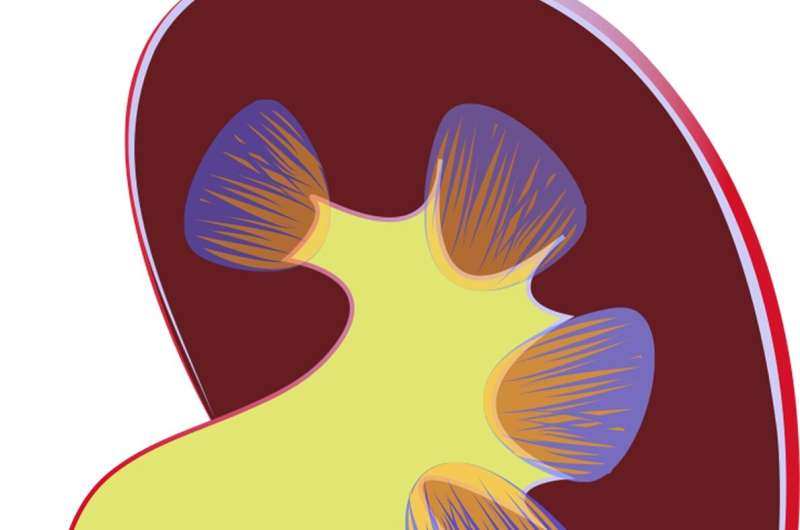
Credit: Pixabay/CC0 Public Domain
Research published in the Journal of Internal Medicine indicates that SARS-CoV-2 infection may worsen lower urinary tract symptoms (LUTS) in men.
The study included 17,986 men receiving medication for LUTS within the public health care system of Hong Kong in 2021–2022, half of whom had SARS-CoV-2 infection. The group with SARS-CoV-2 had significantly higher rates of retention of urine (4.55% versus 0.86%); blood in the urine (1.36% versus 0.41%); clinical urinary tract infection (4.31% versus 1.49%); bacteria in the urine (9.02% versus 1.97%); and addition of 5-alpha reductase inhibitors, which are drugs prescribed for enlarged prostate. (0.50% versus 0.02%). These urological manifestations occurred regardless of COVID-19 severity.
The findings might relate to the presence of certain proteins targeted by SARS-CoV-2 that are known to be expressed in the prostate.
“We are excited to be the first to report the effects of COVID-19 on complications of benign prostatic hyperplasia—or enlarged prostate—and also demonstrate the alarming extent of its urological effects,” said corresponding author Alex Qinyang Liu, MD, of Prince of Wales Hospital, in Hong Kong.
More information:
SARS-CoV-2 infection correlates with male benign prostatic hyperplasia deterioration, Journal of Internal Medicine (2023). DOI: 10.1111/joim.13719, onlinelibrary.wiley.com/doi/10.1111/joim.13719
Citation:
Does SARS-CoV-2 infection have urological effects? (2023, October 18)
retrieved 18 October 2023
from https://medicalxpress.com/news/2023-10-sars-cov-infection-urological-effects.html
This document is subject to copyright. Apart from any fair dealing for the purpose of private study or research, no
part may be reproduced without the written permission. The content is provided for information purposes only.
>>> Read full article>>>
Copyright for syndicated content belongs to the linked Source : Medical Xpress – https://medicalxpress.com/news/2023-10-sars-cov-infection-urological-effects.html










